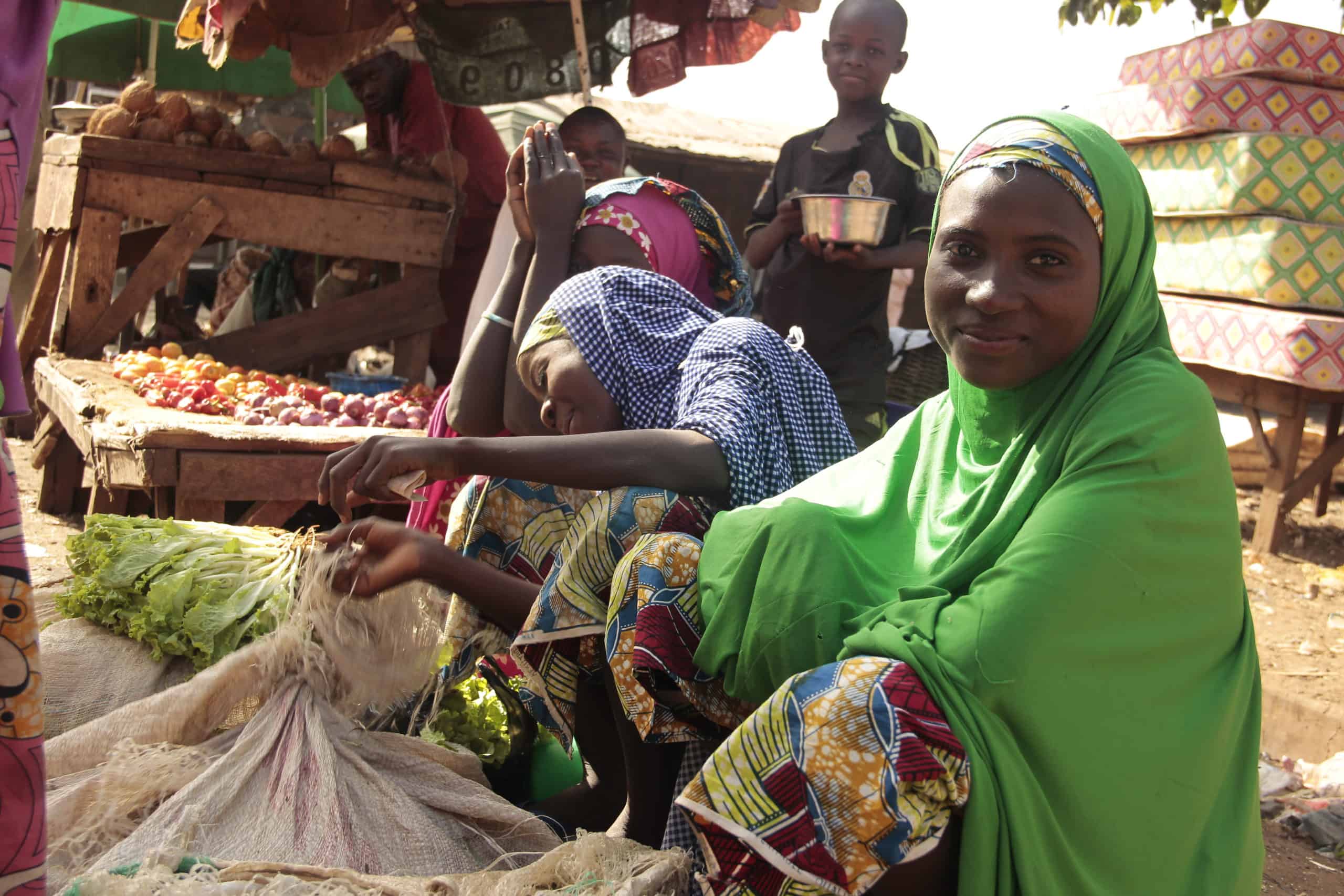The USAID-funded Targeted States High Impact Project (TSHIP) worked to strengthen health care delivery in Bauchi and Sokoto states. The objective of the project was to increase the use of high-impact integrated maternal, newborn, and child health (MNCH), and family planning and reproductive health (FP/RH) interventions. TSHIP partnered with and built the capacity of the Bauchi and Sokoto State Ministries of Health to improve health systems, management, and service delivery. Ultimately, the project worked to establish durable bonds between community institutions and the health care delivery system to improve household health practices and increase people's use of health services.
Nigeria represents about 2% of the world's population, yet accounts for 10% of global infant, child, and maternal mortality. This situation is most dire in the northern regions of the country. In 2009, when JSI began working in the two northern states of Bauchi and Sokoto, under-5 mortality was 260/1000 and 269/1000, respectively. Maternal mortality was also very high at 1,549/100,000 live births in Bauchi and 1,500/100,000 in Sokoto.
The project achieved the following results:
- A decrease from 25% in 2008 to less than 1% in 2013 in the percentage of women in Sokoto State who deliver alone.
- An increase from 17% in 2011 to 68% in 2014 in the percentage of children under 1-year old issued a birth certificate in Sokoto.
- Between 2010 and 2014, a 392% increase in the number of pregnant women receiving active management of the third stage of labor.
- Between 2010 and 2014, a 172% increase in the number of deliveries with a skilled birth attendant.
- 273,758 newborns received essential newborn care.
- More than 9,400 people trained in maternal/newborn health.
- 1,121,896 children less than 1-year of age received DPT3.
- 1,409,880 cases of malaria in children treated with ACT.
- 153 health facilities rehabilitated.
- More than 300 policies, action plans, guidelines, and protocols were developed or adapted to support improved MNCH and FP/RH services.
- The proportion of active ward development committees increased from 36% to 95%.
JSI Research & Training Institute, Inc. implemented TSHIP in partnership with Jhpiego, Futures Group, PLAN, and Management Strategies for Africa.
Chlorhexidine and Misoprostol
With TSHIP support, the Sokoto government in March 2013 launched the use of two life-saving drugs for newborns and mothers: chlorhexidine gluconate 7.1% gel (CHX) and misoprostol tablets. Sokoto was the first government in Africa to launch the use of CHX, followed by Bauchi.
One year after the national call to action, Nigeria’s Minister for Health announced that approval to begin manufacturing Africa’s first production of CHX had been granted to local company Drugfield Pharmaceuticals. Between March 2013 and December 2014, the number of CHX gel tubes available in Nigeria rose from zero to more than 1 million. Eight states in Nigeria purchased CHX with their own funds. By March 2015, more than 1 million newborns were projected to have received CHX in Nigeria. In target states, data is already showing reductions in cord infections.
View peer-reviewed journal articles on TSHIP's groundbreaking work:
Factors influencing the use of magnesium sulphate in pre-eclampsia/eclampsia management in health facilities in Northern Nigeria: a mixed methods study in BMC Pregnancy & Childbirth, volume 15.
Reducing the burden of diarrhea among children under five years old: Lessons learned from oral rehydration therapy corner program implementation in Northern Nigeria in Journal of Health, Population,



